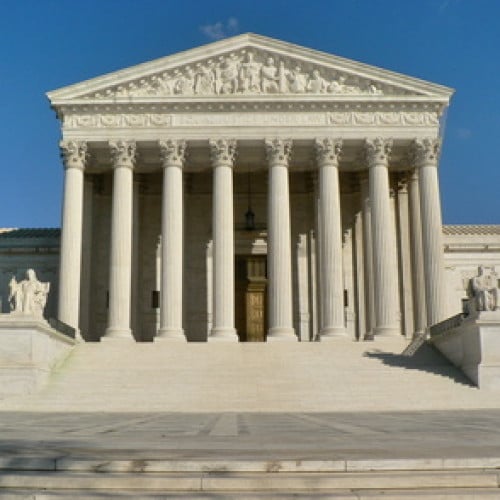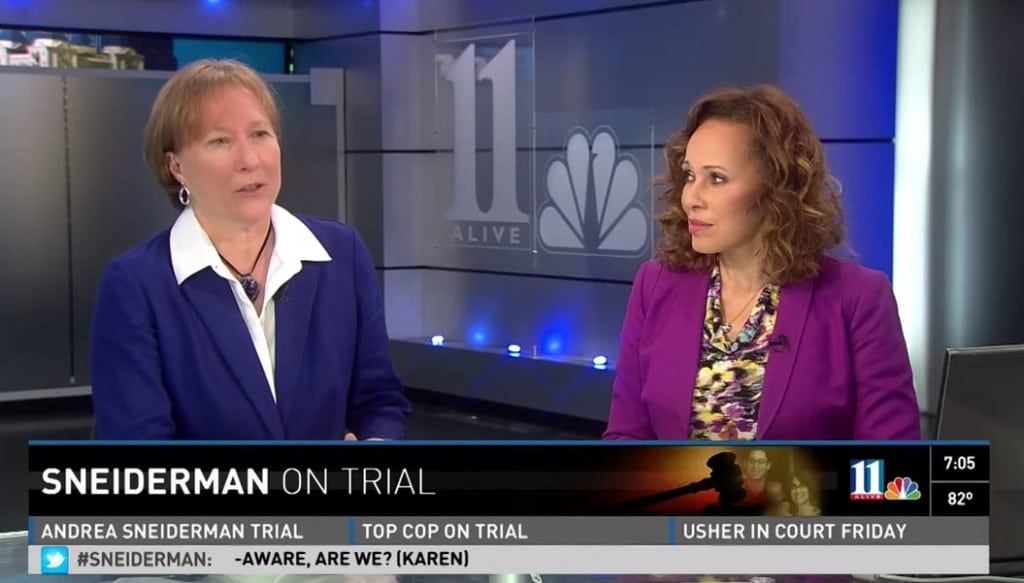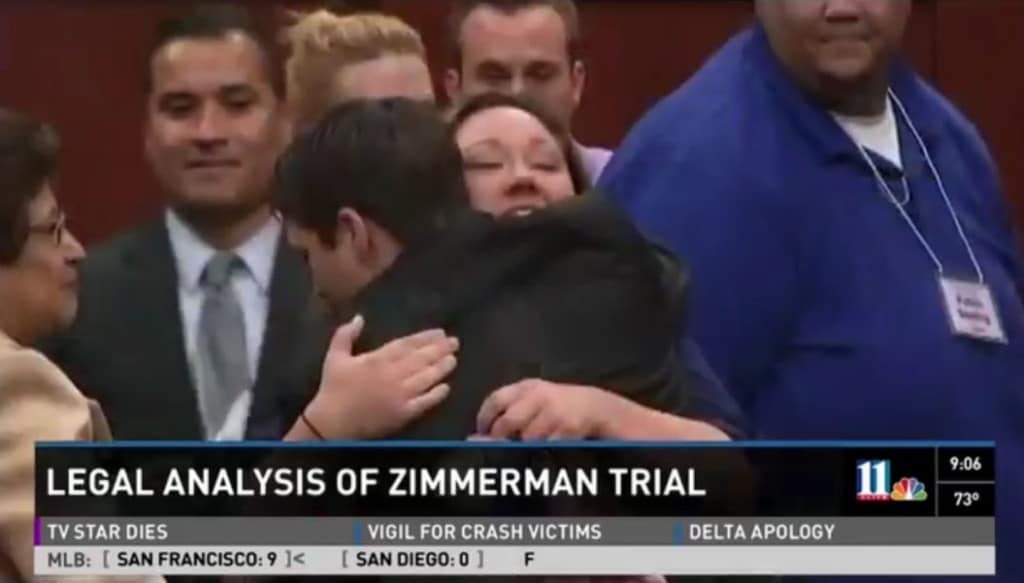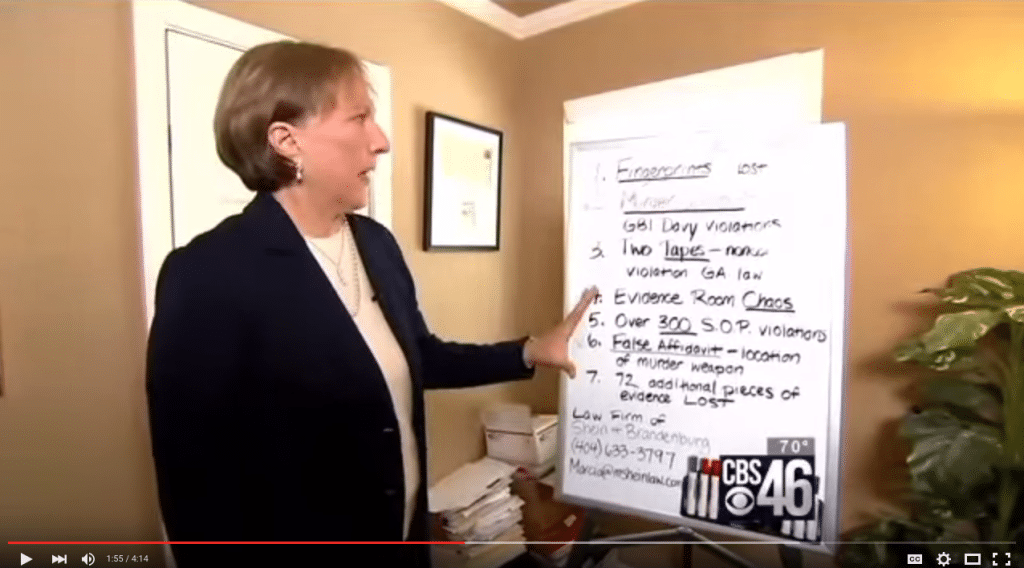Experienced Legal Representation for a Range of Federal and State Case Types
We understand the complexities and challenges of navigating the legal system. Our experienced attorneys are dedicated to providing expert legal representation across a variety of case types. Whether you are facing federal or state charges, seeking an appeal, or exploring post-conviction relief options, we are here to guide you through every step of the process. Explore our specialized services in the following areas:
Free Case Evaluation
Protecting Your Best Interests In All Federal Crimes
Meet Your Criminal Defense Attorneys
Marcia G. Shein
Attorney Marcia Shein is a nationally recognized attorney in federal pre-trial, sentencing, appeals and post-conviction relief whose articles, and personal interviews have been published in numerous state and national law journals.
Read MoreElizabeth A. Brandenburg
Attorney Elizabeth Brandenburg represents clients for crimes throughout the state of Georgia and federal court, specializing in appeals and post-conviction litigation. She is an adjunct faculty member at Mercer Law School where she teaches advanced legal and appellate writing.
Read MoreLeigh S. Schrope
Attorney Leigh Schrope has dedicated her career to criminal defense and has worked with a variety of clients, juvenile and adult, in Georgia state courts and federal courts around the country. Thanks to her preparation and persistence, she has been able to negotiate favorable pleas.
Read MoreWhat to Expect During a Federal Appeals Process
When criminal cases go before federal appellate courts, each side typically has 15 minutes to present oral arguments. In most cases, the decisions rendered by the federal appellate courts is final. However, judges can also send the case back to trial court and ask that court to review additional proceedings that may not have been available when the appellate court rendered a decision. One or both parties can also request the case to go before the United States Supreme Court in the District of Columbia.
Pursuing a Supreme Court Case
A federal appellate court is the highest court available at the state level. Any party who loses their case at that level and wishes to advance it to the Supreme Court must complete and file a document called Writ of Certiorari. The document completes the formal process of asking the Supreme Court to review the case. Parties to a federal appellate court case should understand that the Supreme Court is under no obligation to accept or hear cases.
Typically, the Supreme Court reserves its calendar for those cases involving a crucial legal matter that could set a future precedent. The body of nine justices may also decide to hear cases when multiple federal appellate courts heard the case previously and arrived at a different legal interpretation. Normally this situation involves two lower courts, but it could be more.
Under federal law, the Supreme Court must hear appeals based on limited individual circumstances. Your appeals attorney at the Shein, Brandenburg & Schrope Federal Criminal Law Center is the best person to advise you on whether your criminal case qualifies for a Supreme Court exception.

























